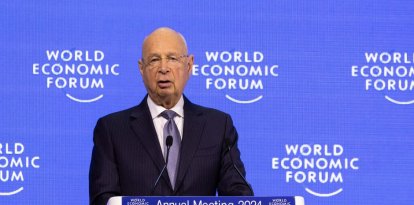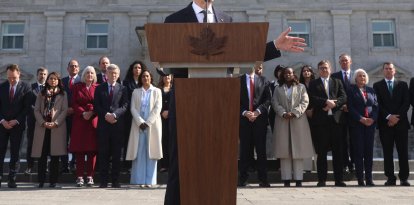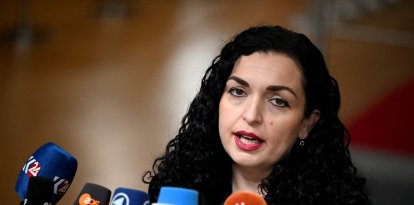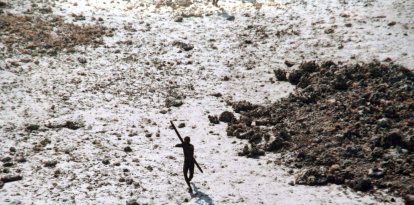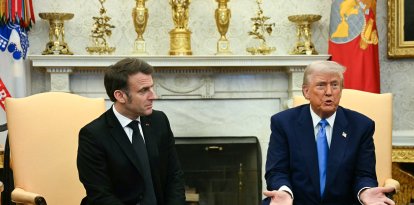The UN atomic watchdog censured Iran for concealing information about its nuclear program
In retaliation, the Iranian regime announced the commissioning of advanced centrifuges to enrich uranium.
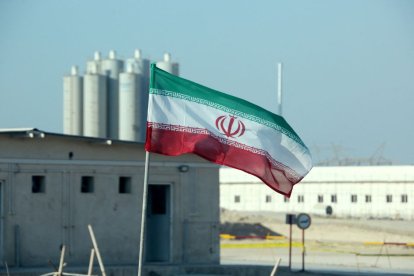
Bushehr nuclear power plant, Iran
The International Atomic Energy Agency (IAEA), in charge of nuclear oversight for the United Nations, issued a resolution of censure on Iran on Thursday for its failure to cooperate with inspections and monitoring required under the Nuclear Non-Proliferation Treaty (NPT). The move, backed by a majority of the board of governors, reflects growing tensions between Tehran and Western powers over the controversial Iranian nuclear program.
Majority backing despite diplomatic pressure
The resolution, promoted by the United Kingdom, France, Germany and the United States, was approved with 19 votes in favor, 3 against and 12 abstentions. The promoters of the resolution argued that Iran has consistently obstructed the work of IAEA inspectors and has increased its reserves of enriched uranium beyond authorized levels for civilian purposes.
The negative votes came from Russia, China and Burkina Faso. Iranian Foreign Minister Abbas Araghchi led a diplomatic campaign to convince nations such as Brazil, South Africa and Pakistan to reject the resolution, although he failed to achieve his goal.
Iran's immediate reaction
In retaliation, a few hours after the censorship, the Iranian regime announced the launch of advanced centrifuges to enrich uranium and warned that they could accelerate uranium enrichment to near weapons-grade levels if international pressure continues.
Iran's accumulation of enriched uranium, already at a level of 60%, poses a significant threat to global nonproliferation efforts, according to the latest IAEA report. This level, while not weapons-grade, can quickly be converted into nuclear weapons material.
A new tipping point?
IAEA censure could trigger new economic sanctions against Iran, further complicating its fragile economy and increasing pressure on its leadership. However, it could also open the door to new negotiations if Tehran decides to moderate its stance to avoid further international isolation.
RECOMMENDATION
